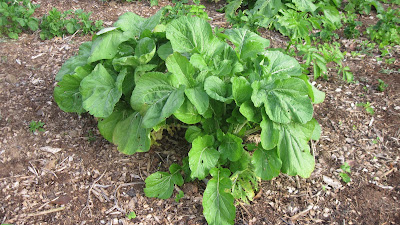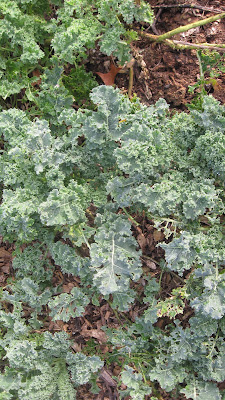I've sort of been on the fence for a while about the Durbin Amendment (the provision of Dodd-Frank that restricts debit card interchange fees), but let me be frank.
"Hi Frank," says Virginia.
No, no, no, I don't mean that Frank. I mean the other one, with the little "f."
This past week, the Electronic Payments Coalition issued a study concluding that retail merchants haven't lived up to their "promise" to lower prices in response to lower debit card interchange fees. The study, which actually proved nothing at all -- oops, I'm getting ahead of myself, touted itself as settling the issue once and for all.
Its pretty charts, tables and puffball rhetoric almost pushed me off the fence. I don't like lobbyists and arguments that treat me like an idiot.
Let me summarize the "study." The "researchers" looked at the prices of several "baskets" of goods sold by 21 stores of four giant retailers -- Wal-Mart, Walgreens, Seven-Eleven and Home Depot -- located in five big cities -- Boston, Little Rock, Atlanta, Portland and San Francisco. The baskets included a subset of these items: Cheerios, a hammer, batteries, milk, eggs, bread, sugar, peanut butter, Coke 2L, duct tape, Slurpees, Mac&Cheese, Bud Light, paint and frozen burritos. The Coalition shopped these baskets the last week of September and then the first week of December. The conclusion? That these retailers, rather than lowering prices, raised their prices an average of 1.7% in the 2 months following the implementation of Federal Reserve Regulation II, which implemented the Durbin Amendment on October 1, 2011.
If my alarm clock rings every morning, does it cause the sun to "rise"?
"That's not fair," says Virginia.
All right. Here are some initial questions for the Coalition:
1. Over time, do prices tend to rise?
2. Could the prices have risen higher but for Regulation II?
3. Was anything else in the baskets you aren't mentioning?
4. Did you consider asking the retailers for their complete inventory pricing?
5. Did wholesale prices (that is, the prices paid for the baskets by the retailers) change between September and December?
6. What happened a year ago between September and December, or six months ago, between March and June?
7. Why didn't you have an impartial third party conduct the study? (The Coalition consists of banks, credit unions and payment services who have been opposing the Durbin Amendment since it was proposed).
8. Is 2 months a sufficient time period?
9. Would you supply brand names and product details so we can replicate your results?
10. What about retailers in my town?
"Stop," says Virginia. "I want to see the retailers' study."
Oh no, I hope not, but I suppose that's bound to come out soon. Let's see, what would they look at? Wheaties, nails, solar panels, Pepsi, Heineken...
"Minimum balances for 'free checking,' more likely," says Virginia, "debit card replacement fees, fees people don't notice."
Good point. Na-na-na-boo-boo.




















































